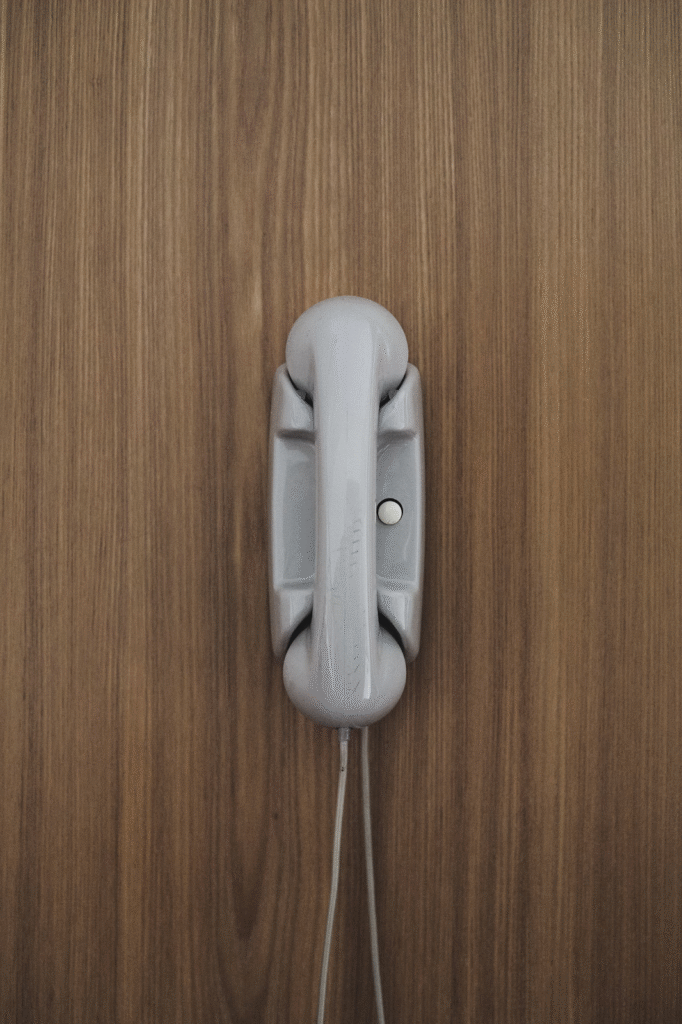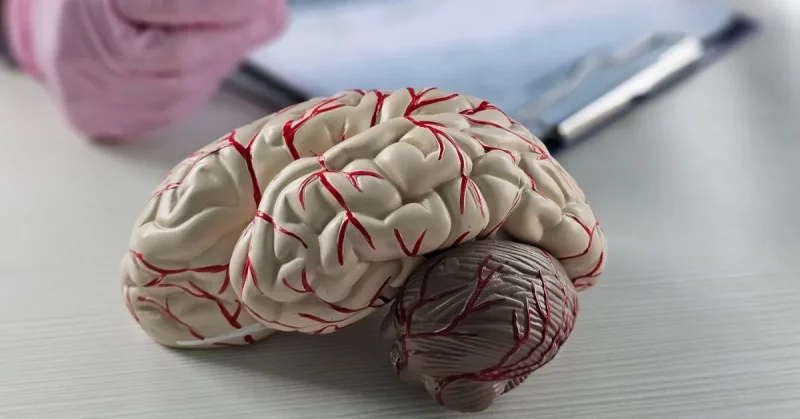Immediate access to support can be lifesaving. A 24/7 crisis hotline offers individuals the opportunity to reach out for help without the barriers of time and availability that traditional services may impose. Whether someone is facing a mental health emergency, struggling with substance use, or simply needs someone to talk to, having a resource that’s always accessible can be the difference between feeling hopeless and finding a path forward. The importance of having professional support available around the clock cannot be overstated, especially when conversations around mental health and substance use issues are becoming increasingly prioritized in society. Here are six significant ways such hotlines can make a difference in a crisis.
Immediate Access to Support
The most crucial advantage of a 24/7 hotline is the immediate access to trained professionals. A crisis can occur at any moment, often requiring urgent support. A hotline provides a lifeline that allows individuals to speak with someone who understands their situation and can offer guidance or reassurance. People facing crises often feel isolated. Thus, the anonymity and availability of a hotline can encourage them to reach out when they might not do so otherwise. This immediacy can be the difference between seeking help and succumbing to despair.
Providing Resources and Referrals
A good crisis hotline does not just offer an ear to listen. It provides tangible resources. After a conversation, individuals may receive information on local services, such as counseling centers, shelters, or rehabilitation facilities. Someone living in the Southeast U.S., for instance, who is struggling with substance abuse might be referred to a drug addiction hotline in Florida, where they can access specialized assistance tailored to regional needs. Having such resources at their fingertips equips individuals with the knowledge necessary to take further action in addressing their crises. This proactive approach allows callers to transition from listening to actively seeking help and supports a healthier recovery process.
Professional Guidance from Trained Counselors
The counselors answering hotline calls are typically trained to handle various crises, including mental health emergencies, substance abuse, and suicidal ideation. Their expertise enables them to provide effective intervention strategies. By employing active listening techniques, they can demonstrate empathy and understanding, which is crucial in a crisis context. Engaging with someone who is equipped with the right tools can help callers navigate their emotions, assess their situation, and determine the best next steps. Such professional input often improves the likelihood that callers will feel empowered to pursue additional help.
Reducing Stigma Around Seeking Help
Hotlines play a vital role in combating the stigma associated with reaching out for help. Many people feel ashamed or embarrassed when discussing their issues, particularly concerning mental health or addiction. A 24/7 hotline allows them to seek support without the pressures of judgment. By providing an anonymous platform, hotlines contribute to normalizing the conversation around mental health and encouraging more people to openly discuss their struggles. This stigma reduction fosters a culture where acceptance of seeking help is the norm, making it easier for individuals to pursue recovery.
Offering Confidentiality
Confidentiality is a key aspect of crisis hotlines. Many individuals are reluctant to seek help due to fears of their privacy being breached. A 24/7 hotline guarantees that personal information remains confidential, allowing individuals to discuss their problems freely. This assurance can be especially important for those with sensitive issues or who fear repercussions from family, friends, or employers. Such confidentiality helps create a safe space for open and honest communication, paving the way for better understanding and support.
Crisis Prevention and Intervention
Beyond just responding to crises, hotlines play a preventative role by identifying individuals at risk and intervening before situations escalate. Regular callers may not be in crisis during every call, but by maintaining a connection with a counselor, they can receive ongoing support during tough times. Intervention techniques can help people develop coping strategies and resilience to better handle future challenges. Coupled with strong awareness campaigns about the availability of hotlines, this proactive approach can facilitate community recognition of mental health resources, reducing crises in the long run.
Being able to access a 24/7 hotline can fundamentally alter someone’s experience in a crisis. The availability of immediate support, professional guidance, and valuable resources are critical component of ensuring individuals receive the help they need when they need it most. As society progresses towards a more open attitude toward mental health and substance abuse issues, the role of hotlines will remain vital in providing ongoing assistance and encouraging people to reach out for help. By addressing stigma, ensuring confidentiality, and implementing effective intervention techniques, these services offer hope and resilience to those facing their darkest moments.




